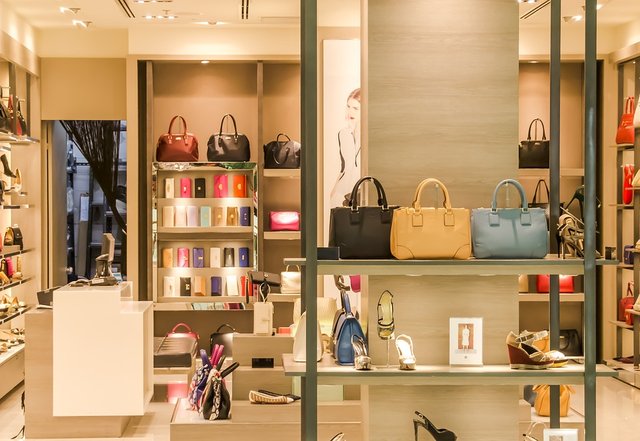Rise of Consumerism in a "Modern" World [Part 3: Personal Insecurities]
Research suggests that materialistic values are fuelled by insecurity. A 2002 study published in the journal Psychology and Marketing found that those who chronically doubt themselves and their own self-worth tend to be more materialistic. This is due to the fact that the culture of consumerism promotes consuming more and more as the path to self improvement, offering a variety of products to address several dissatisfactions. People who are deeply concerned with issues of personal inadequacy and who seek power and prestige to cover up their feelings of emptiness and low self-worth, tend to consume more, as they desire external validation.
According to a study, the attraction to prestigious brands develops in the adolescent years itself because factors like peer pressure and wanting to "fit in" play a crucial role. Consumerism manipulates this affinity for brands and encourages teenagers to use materialistic values to define "who they are" and aren’t. Often, the natural process of developing an identity is ruined as one's self-value and self-worth become synonymous with the brands one owns. Many researchers have found support for the idea that feelings of emptiness, incompleteness, insecurities, meaninglessness, jealousy, and thoughts of death each increase the likelihood of materialistic activities. Thus, it appears that when people feel down, low or insecure, one of the ways they try to cope is through the materialistic pursuits that advertisements and cultural myths promise will yield personal benefits. "Retail therapy" has become a culturally sanctioned way of dealing with our personal turmoil, as it not only distracts people from their inner emptiness, but is also beneficial for economic growth.

A common example that many of us can relate to is binge-eating during stressful situations. People who adopt this way of coping are basically using food as a way to deal with their personal shortcomings. Retail therapy mentioned above is not only a very real phenomenon, but is actively promoted by advertisers. Advertisements are designed in such a way so as to create this belief that the products and services are efficient enough to substitute for one's real-life failures. It is most often exaggerated in ads, but it is repeated over and over again, so consumers often come to the conclusion that there must be SOME truth in it.
Take the example of a generic television ad for deodorant. It usually portrays a male who is not-so-good with women, who magically becomes attractive to beautiful women when he uses deodorant. Or take another example of fairness creams or any cosmetic product—they all claim to give you social validation and make you attractive to others—something they are subtly telling you that you aren't without their product.
A society with healthy self-esteem is terrible for the economy! Our messed up personalities is what fuels production.
[This post is a part of a series of posts on the same topic.
Congratulations! This post has been upvoted from the communal account, @minnowsupport, by Michelle from the Minnow Support Project. It's a witness project run by aggroed, ausbitbank, teamsteem, theprophet0, and someguy123. The goal is to help Steemit grow by supporting Minnows and creating a social network. Please find us in the Peace, Abundance, and Liberty Network (PALnet) Discord Channel. It's a completely public and open space to all members of the Steemit community who voluntarily choose to be there.
If you like what we're doing please upvote this comment so we can continue to build the community account that's supporting all members.